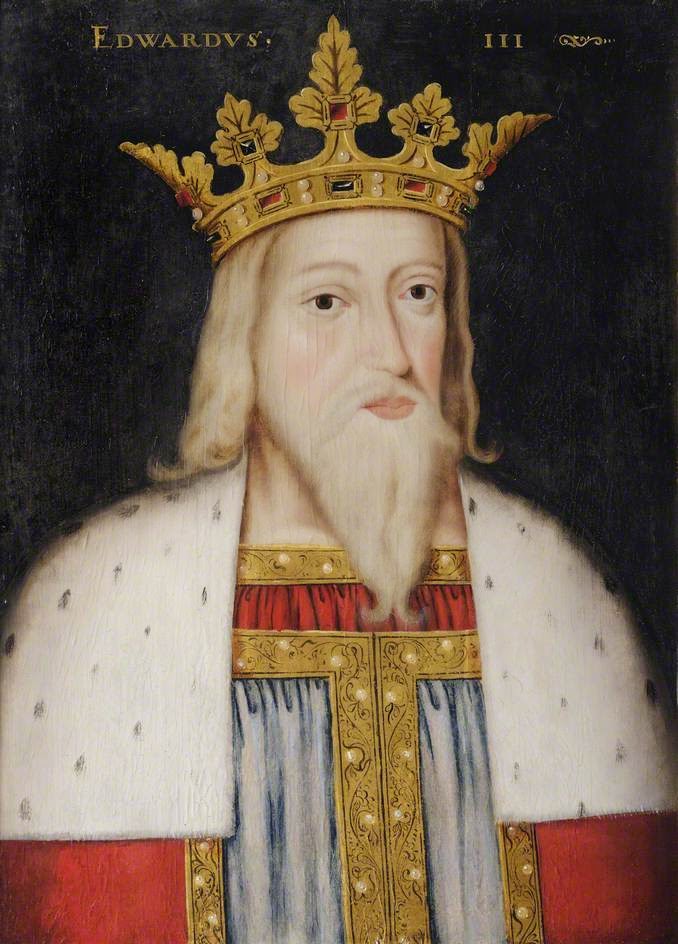William Shakespeare's play Romeo and Juliet is most likely initially performed. Initially distributed early 1597
ON 29TH JANUARY 1595 - William Shakespeare's play Romeo and Juliet is most likely initially performed. Initially distributed early 1597
Romeo and Juliet is an early disaster by William Shakespeare around two teen star-crossed partners. It closes with their suicides, uniting opponent families of a long-running family fight. The play has been exceedingly applauded by abstract pundits for its dialect and emotional impact. Alongside Hamlet, it is one of Shakespeare's most much of the time performed plays and is considered by numerous to be the world's most famous affection story. It was among Shakespeare's most prevalent plays amid his lifetime.
 |
| http://wwwhistoryfuture.blogspot.com/ |
Shakespeare's utilization of emotional structure, particularly his extension of minor characters, and the utilization of subplots to decorate the story, has been commended as an early indication of his sensational ability. The play credits distinctive idyllic structures to diverse characters, here and there changing the structure as the character creates. Romeo, for instance, becomes more adroit at the piece structure as the play advances. Characters regularly contrast love and demise and insinuate with the part of destiny.
Since its production, Romeo and Juliet has been adjusted various times in stage, film, musical and operatic structures. Amid the English reclamation, it was resuscitated and vigorously amended by William Davenant. David Garrick's eighteenth century adaptation, which kept on being performed into the Victorian period, likewise changed a few scenes, uprooting material then thought to be disgusting. Nineteenth century entertainers, including Charlotte Cushman, restored the first content, and concentrated on performing the story with more prominent authenticity. John Gielgud's 1935 variant kept near to Shakespeare's content, and utilized Elizabethan outfits and arranging to upgrade the show. Later forms, including those on film, have adjusted the play for an advanced gathering of people, regularly putting the activity in a commonplace setting.
The play starts with a road fight between two families, the Montagues and the Capulets. The Prince of Verona, Escalus, mediates with his men and proclaims that the leaders of the two families will be considered by and by responsible for any further break of the peace.
Later, Count Paris, an adolescent aristocrat, converses with Lord Capulet about wedding his thirteen-year-old girl, Juliet Capulet. Capulet disputes, refering to the young lady's youthful age, and welcomes him to draw in the consideration of Juliet amid a masquerade ball that the family is to hold that night. Juliet's mom tries to convince her girl to acknowledge Paris' dating amid this ball; and Juliet says that in spite of the fact that she will attempt to adore him, she won't express love that is not there. In this scene Juliet's attendant is presented as a loquacious and entertaining character who has raised Juliet from earliest stages.
Interim, Benvolio inquiries his cousin Romeo Montague, Lord Montague's child, to discover the wellspring of his despairing. He finds that it comes from a lonely love for a young lady named Rosaline, Capulet's niece. Upon the emphasis of Benvolio and an alternate companion, Mercutio, Romeo chooses to go to the masquerade ball at the Capulet house, in any expectation of gathering Rosaline. Close by his veiled companions, Romeo goes to the ball as arranged, however falls head over heels in love for Juliet, and she with him. Regardless of the risk brought on by their fighting families, Romeo sneaks into the Capulet yard and catches Juliet on her gallery vowing her adoration to him. He makes himself known to her, and the two proclaim their adoration for one another and consent to be hitched. With the assistance of the Franciscan Friar Lawrence, who plans to accommodate the two families through their kids' union, the two are hitched subtly the following day.
All appears to be well until Tybalt, Juliet's hot-blooded cousin, challenges Romeo to a duel for showing up at the Capulets' ball in mask. Despite the fact that nobody is mindful of the marriage yet, Romeo declines to battle Tybalt since they are currently family. Mercutio is angered by Tybalt's discourteousness, and acknowledges the duel for Romeo's benefit. In the resulting fight, Mercutio is lethally injured when Romeo tries to independent them. Romeo, goaded by his companion's demise, seeks after and kills Tybalt, then escapes.
The Reconciliation of the Montagues and Capulets (1854) by Frederic Leighton
Notwithstanding his guarantee to require the leader of the wrong-practitioners, the Prince just outcasts Romeo from Verona, thinking that Tybalt initially slaughtered Mercutio, and that Romeo only completed a simply discipline of death to Tybalt, despite the fact that without legitimate power. Juliet laments at the news, and Lord Capulet, misjudging her distress, consents to captivate her to wed Paris in three days' opportunity, debilitating to repudiate her on the off chance that she doesn't. The Nurse, once Juliet's compatriot, now advises her she ought to toss the banished Romeo and consent. Juliet urgently visits Friar Lawrence for help. He offers her a medication which will place her into a passing like unconsciousness for forty-two hours. She is to take it, and, when found evidently dead, she will be laid in the family tomb. While in her rest, the Friar will send a detachment to advise Romeo, with the goal that she can rejoin him when she stirs.
The envoy, then again, does not achieve Romeo. Romeo rather learns of Juliet's "demise" from his servant Balthasar. Misery stricken, he purchases poison from a pharmacist, comes back to Verona in mystery, and visits the Capulet grave. He experiences Paris, who now grieve Juliet secretly. Paris goes up against Romeo, trusting him to.







Comments
Post a Comment